Search
Search Results
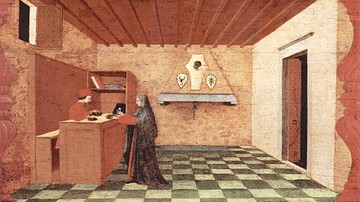
Image
Miracle of the Desecrated Host by Uccello
A painted panel, one of six which together make up the Miracle of the Desecrated Host by the Italian Renaissance artist Paolo Uccello (1397-1475 CE). This panel, the first in the series, is a triumph of Renaissance perspective painting...
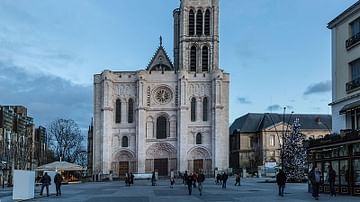
Article
Gothic Cathedrals: Architecture & Divine Light
Gothic cathedrals are some of the most recognizable and magnificent architectural feats. With soaring towers and softly filtered light streaming through stained glass windows, everything about the Gothic cathedral is transportive and ethereal...
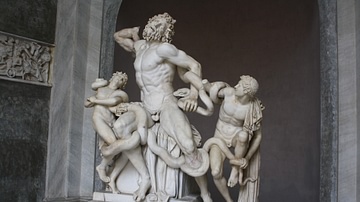
Article
Laocoön: The Suffering of a Trojan Priest & Its Afterlife
The sculpture group of Laocoön and His Sons, on display in the Vatican since its rediscovery in 1506, depicts the suffering of the Trojan prince and priest Laocoön (brother of Anchises) and his young sons Antiphantes and Thymbraeus and is...

Book Review
The Springtime of the Renaissance: Sculpture and the Arts in Florence 1400-60
Springtime of the Renaissance: Sculpture and the Arts in Florence, 1400-60 is the exhibition catalogue of an international, retrospective exhibition currently on show at the Palazzo Strozzi in Florence, Italy. Edited by Beatrice Paolozzi...

Image
Virtue Triumphant over Vice by Mantegna
The painting Virtue Triumphant over Vice by the Italian Renaissance artist Andrea Mantegna (c. 1431-1506 CE). Completed c. 1502 CE. (Louvre, Paris)
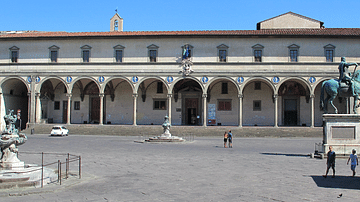
Image
Loggia of Ospedale degli Innocenti by Brunelleschi
The loggia of the Ospedale degli Innocenti in Florence by the Italian Renaissance architect Filippo Brunelleschi (1377-1446 CE). Built 1419 to 1424 CE.
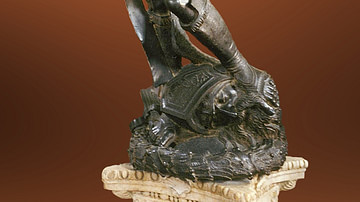
Image
David by Donatello
The bronze figure of the Biblical king David by the Italian Renaissance artist Donatello (c. 1386-1466 CE). The figure was sculpted in the 1420s to 1440s CE. (Bargello, Florence)

Definition
Code of Ur-Nammu
The Code of Ur-Nammu (c. 2100-2050 BCE) is the oldest extant law code in the world. It was written by the Sumerian king Ur-Nammu (r. 2047-2030 BCE) or his son Shulgi of Ur (r. 2029-1982 BCE) centuries before the famous Code of Hammurabi was...
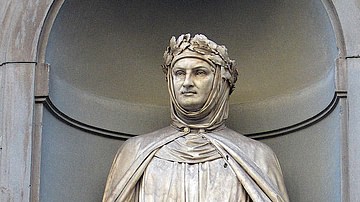
Definition
Giovanni Boccaccio
Giovanni Boccaccio (1313-1375) was an Italian poet, writer, and scholar. His most famous and influential work is the Decameron, completed by 1353, in which his ten characters present 100 tales of everyday life. The book covers all manner...
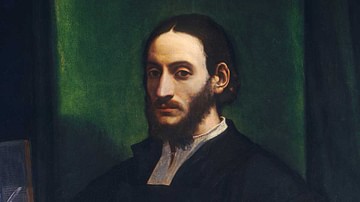
Definition
Leo Africanus
Leo Africanus (al-Hasan ibn Muhammad ibn Ahmad al-Wazzan al-Fasi al-Granati, 1485-1554) was a diplomat, merchant traveller and scholar who famously voyaged from Timbuktu to the Niger River and wrote 'The Description of Africa' (La Descrittione...